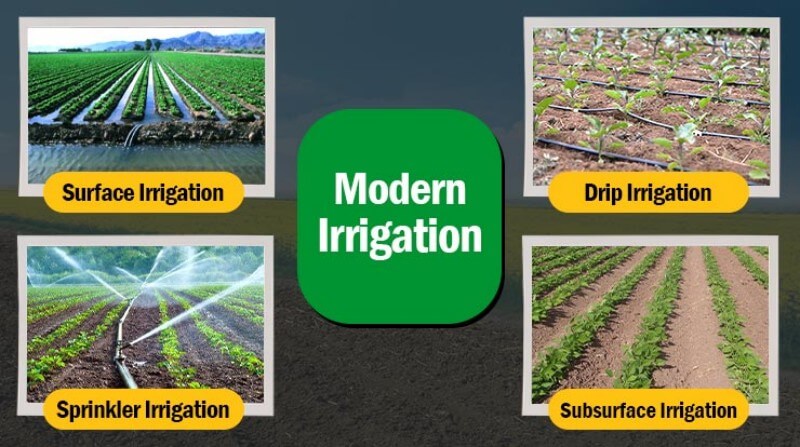
In today’s unpredictable climate, relying solely on rainfall poses significant risks for farmers. As a result, irrigation has become an essential tool for agricultural success. By implementing irrigation systems, farms of all sizes can enhance their crop yields, improve the quality of their produce, and better secure their livelihoods.
This advancement not only mitigates the uncertainties of weather patterns but also enables farmers to optimise their resources and sustain their operations effectively.
Experts and stakeholders in the agricultural sector support this shift. Ismail Olawale, a Development Communication expert at the National Agricultural Extension and Research Liaison Services (NAERLS), believes that investing in irrigation infrastructure is crucial for Nigeria to boost food production and reduce its dependence on rain-fed agriculture. This investment would lead to increased agricultural output and more stable growing conditions, ultimately enhancing food security in the country.
Irrigation means you are no longer at the mercy of the rains. You can plant and harvest multiple times yearly by providing a reliable water supply, even during the dry season. This stability in production leads to increased yields and a more predictable income for your household.
Whether too much or too little, water stress can lead to stunted growth, poor fruit set, and increased vulnerability to disease. By using irrigation to maintain optimal soil moisture, farmers can produce crops that are higher in yield and superior in taste, appearance, and nutritional value. This translates to better prices at the market and greater customer satisfaction. Research across Nigeria shows that farms with irrigation systems consistently outperform rain-fed farms. For instance, areas with well-established irrigation systems in Akwa Ibom State recorded higher yields of staple crops like rice, maize, and vegetables than those relying solely on rainfall.
With irrigation, you can cultivate crops throughout the year, not just during the rainy season. This enables multiple harvests, which means more food for your family and more produce to sell at the market.
Unpredictable rainfall can spell disaster for crops, leading to yield losses or even total crop failure. Irrigation is an insurance policy, reducing the risks associated with drought and extreme weather events. With a dependable water source, you can plan your planting and harvesting more confidently, extending growing seasons and diversifying your crop portfolio.

Contrary to common belief, irrigation is not just for large, well-funded farms. Affordable and scalable options suit every budget and field size, making irrigation accessible to all Nigerian farmers.
Drip irrigation is one of the most efficient systems available, delivering water directly to the roots of your crops. It conserves water, reduces weed growth, and can be used on various scales from backyard gardens to larger plots. Farmers have seen significant yield improvements and water savings with this system..
Benefits:
Tip: Beware of cheap kits, as they may be substandard and fall quickly.
Innovative solutions like plastic bottle drip irrigation are gaining traction for small-scale or urban farmers. Developed by Nigerian researchers, this system uses recycled plastic bottles, PVC pipes, and rubber hoses to deliver water efficiently at minimal cost.
Traditional surface irrigation methods, such as furrow or basin systems, remain popular due to their simplicity and low upfront costs. While less efficient than drip or sprinkler systems, it can be optimised with proper field levelling and scheduling to minimise water loss.
Benefits:
Traditional irrigation methods, such as buckets or calabashes, are replaced by more efficient water-lifting devices. Motorised pumps (diesel or petrol) are ideal for farms larger than one hectare, while treadle or pedal pumps suit smaller plots.
Irrigation is a game-changer for offering a pathway to higher yields, better crop quality, and greater resilience in climate uncertainty. With a range of affordable systems and generous grant support, there has never been a better time to invest in irrigation for your farm. By choosing the right system, you can future-proof your operation, boost your bottom line, and contribute to a more sustainable agricultural sector.